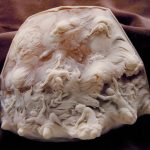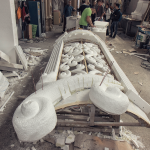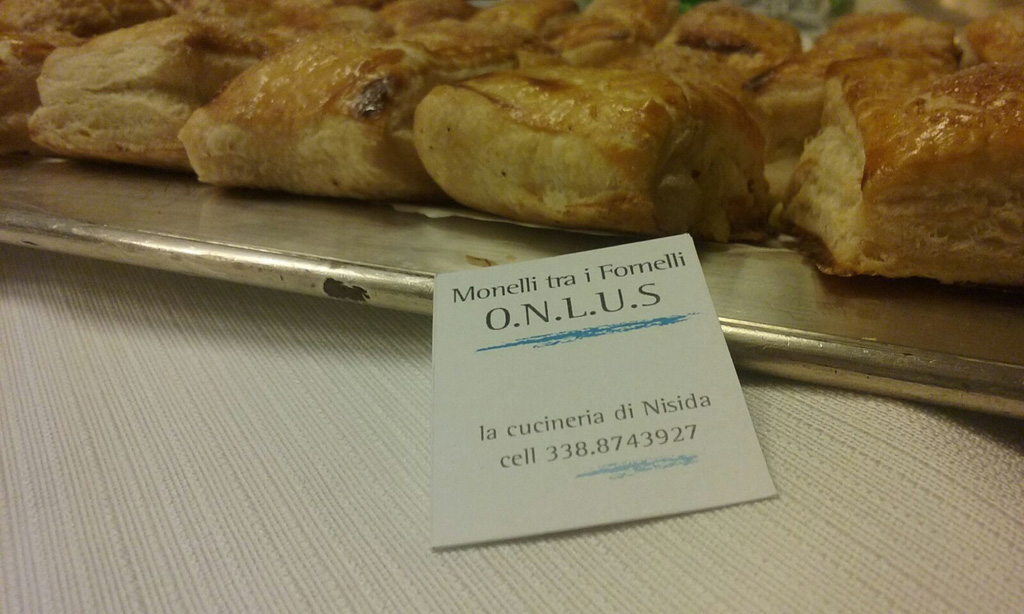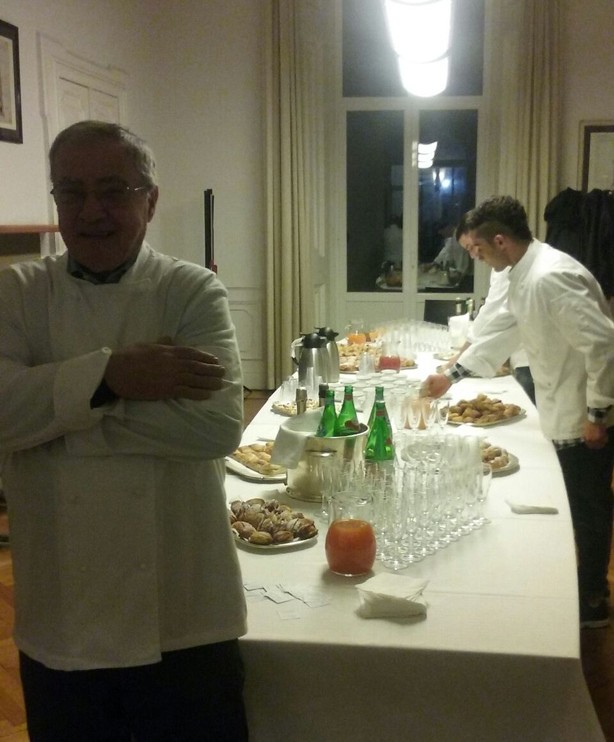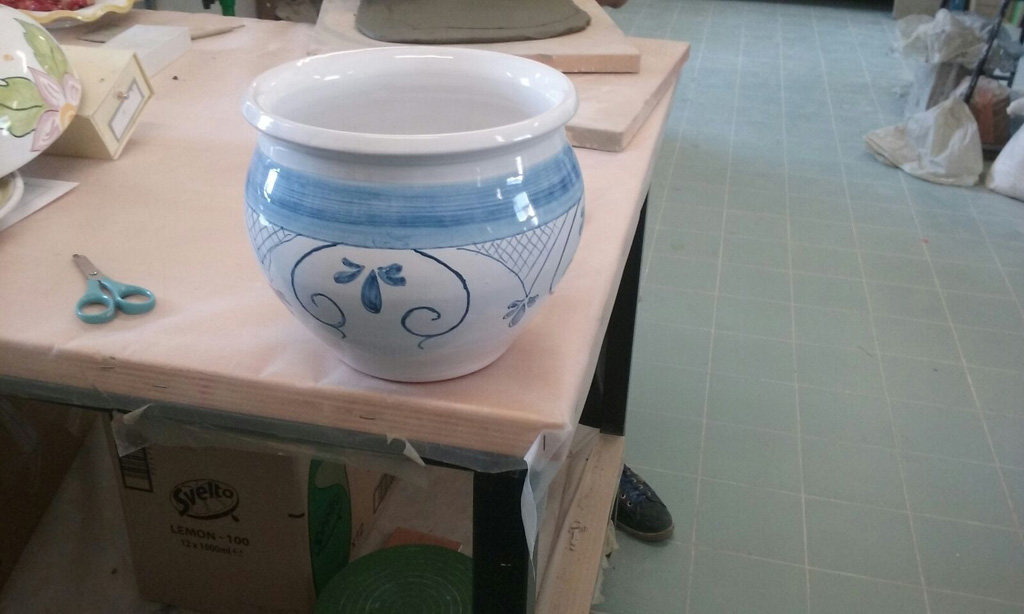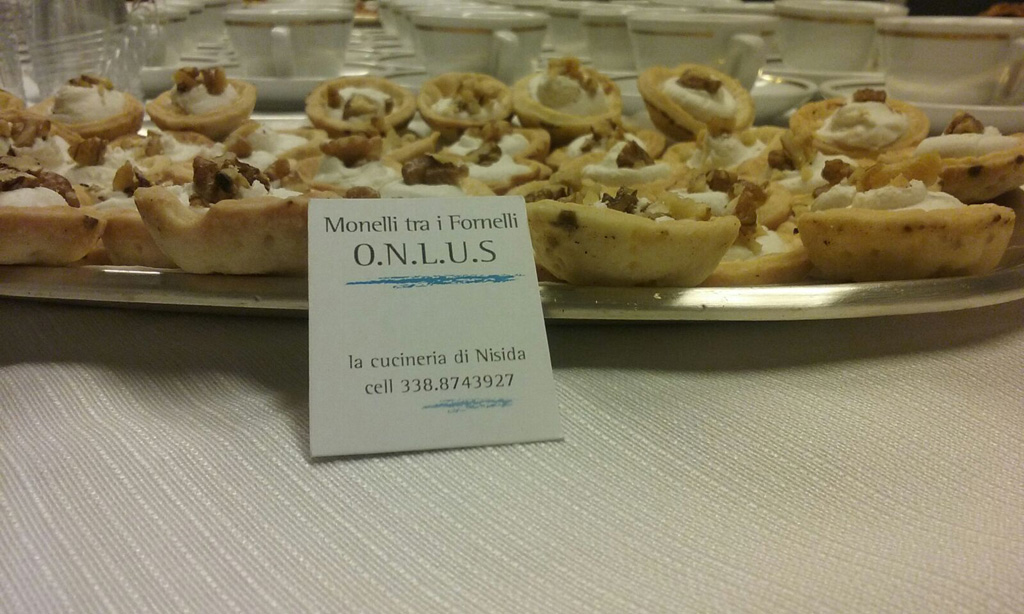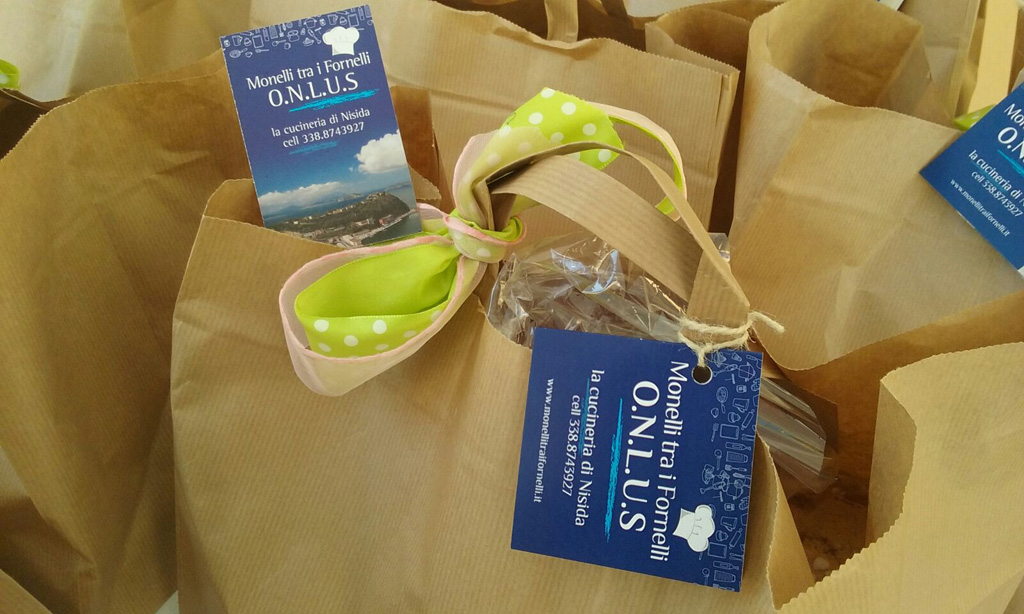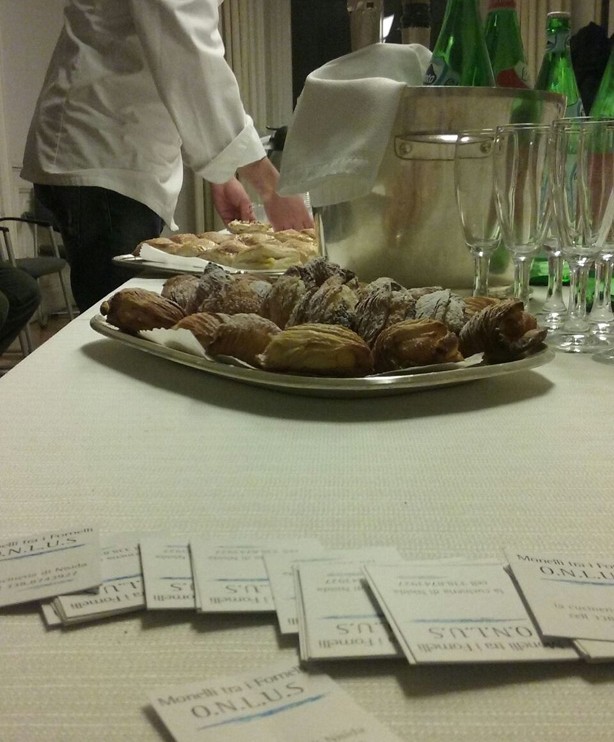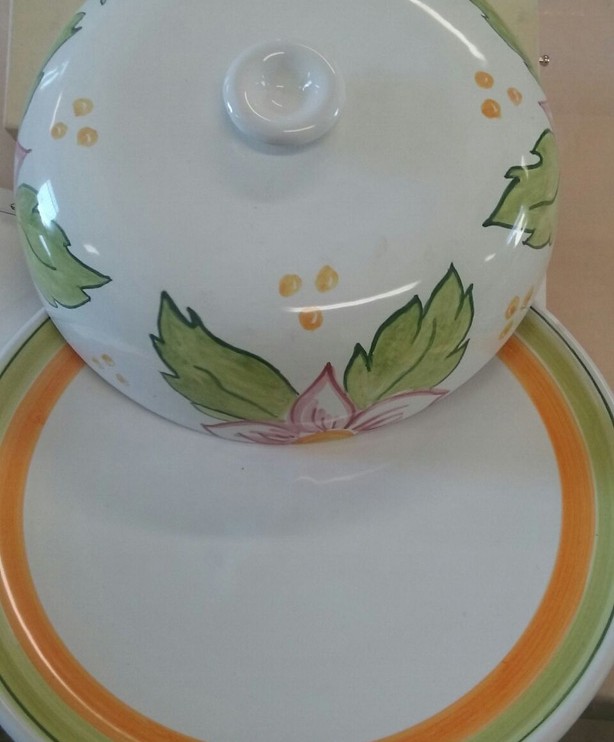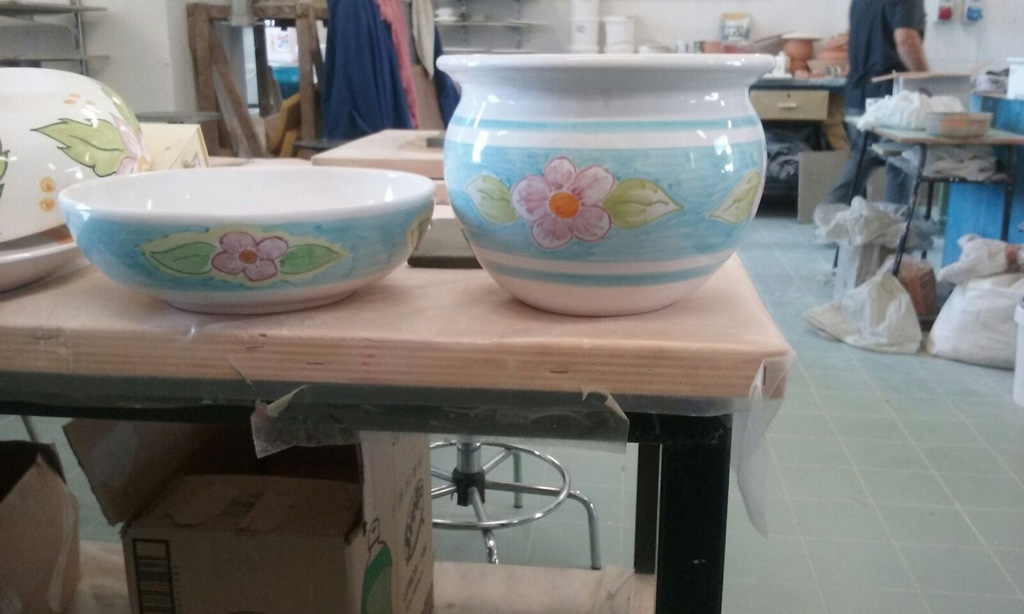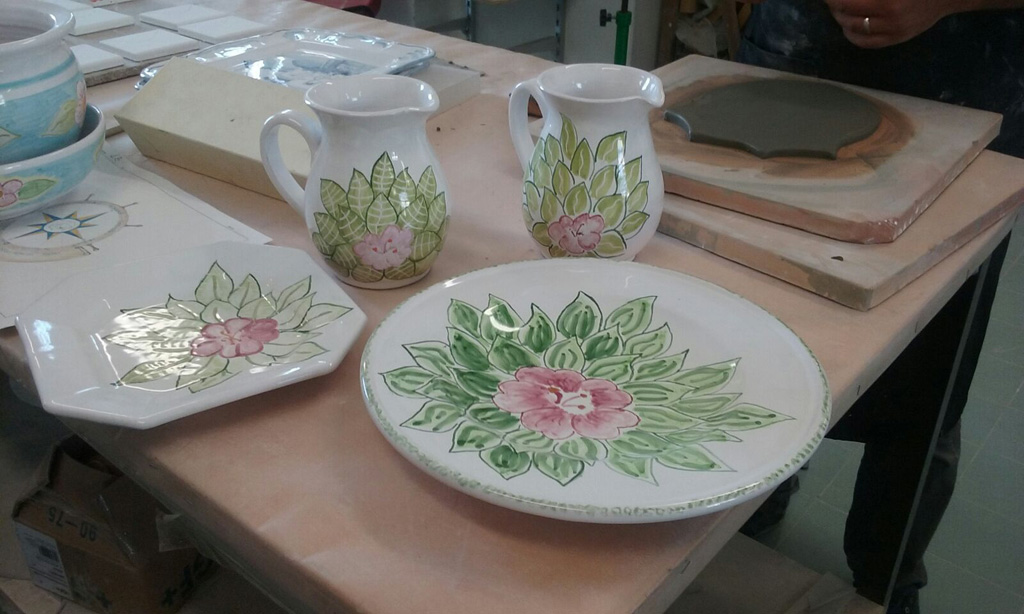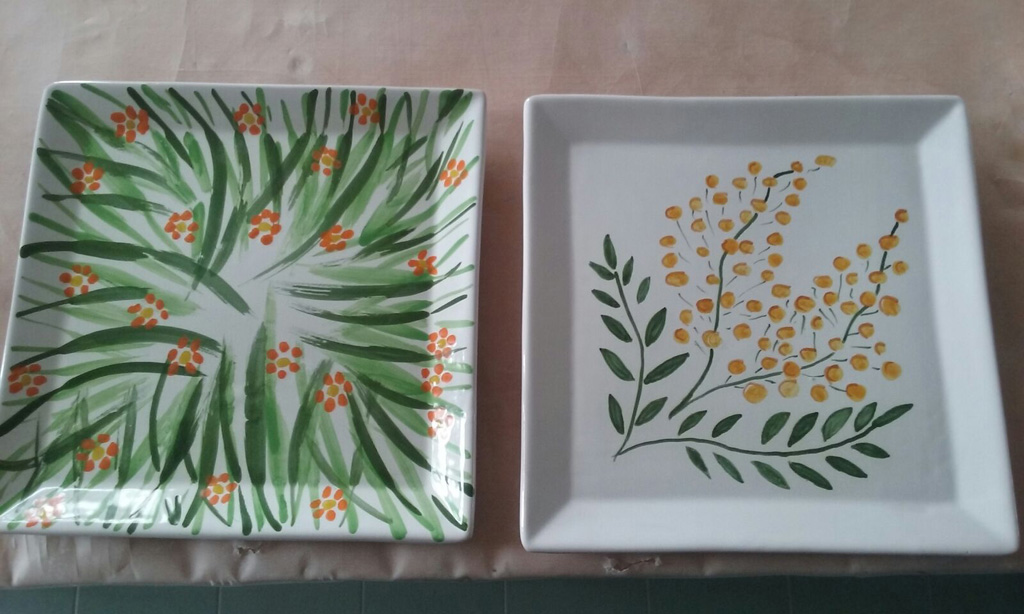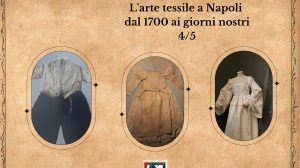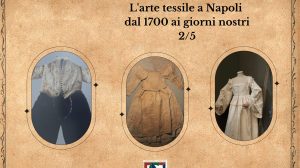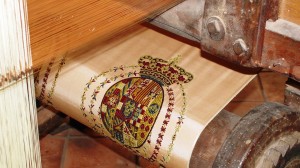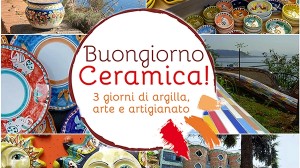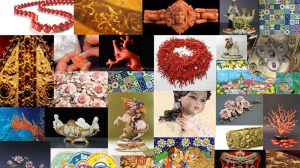It is exactly in this part of the world – west of the Neapolitan city, in Nesis, the “small island”, no bigger than a rock with its two-kilometer perimeter – that the IPM (Istituto Penale per i Minorenni), the Juvenile Criminal Institute welcomes fifty young people to be followed, educated and then put them back in the civil society.
An essential part, in a more general educational program and social reintegration, is held by the activity of professional training aimed at young people.
Available courses are: ceramic artist, crib artist, gardener, plant nursery, building worker, tailor, for a total of six types of qualifications.
The vocational training activity is structured into two parts: the theoretical one, which consists of the acquisition of basics, skills and knowledge of machinery to be used and the practical one, which consists of the concrete implementation of the learned theoretical techniques, through the realization of artefacts.
Nisida laboratories have worked for about 20 years as professional training initiatives.
The courses are designed to provide a varied offer according to the different attitudes and expectations of the guests; they are suitable to stimulate the expressive capabilities of the boys and at the same time enable them to start acquiring the basic principles (constancy, commitment, group work capacity, projection on the quality of the result) required in each working task.
The crucial nature of the vocational training in the education process of these young people has prompted the Institute to try to boost corporate training activities, both within the IPM (the boys are supported by some skilled workers within the structure in carrying out some activities) and outside (by activating specific agreements with local artisans available to take charge of the boys’ apprenticeship).
Nowadays the IPM takes care of a project that makes possible to start the production of a line of ceramic wedding favors and objects. The line was presented at some trade fairs and found some appreciation by private buyers. The Institute ensures suitable premises equipped for this purpose and the consumption of electricity and has no expertise on the economic management of any revenues resulting from the orders.
Among the most significant partnerships we can remember the creation of “Pulcinella” made on the occasion of the baptism of little Maria Carolina daughter of Charles of Bourbon of the Two Sicilies, Duke of Calabria, as well as a work, funded by the Lions Club “Napoli – Floridiana “, decorating the entrance wall of the theatre hall of the Penal Institute, commissioned by Eduardo De Filippo.
(Excerpt from the official site of Juvenile Penal Institute of Nisida)





